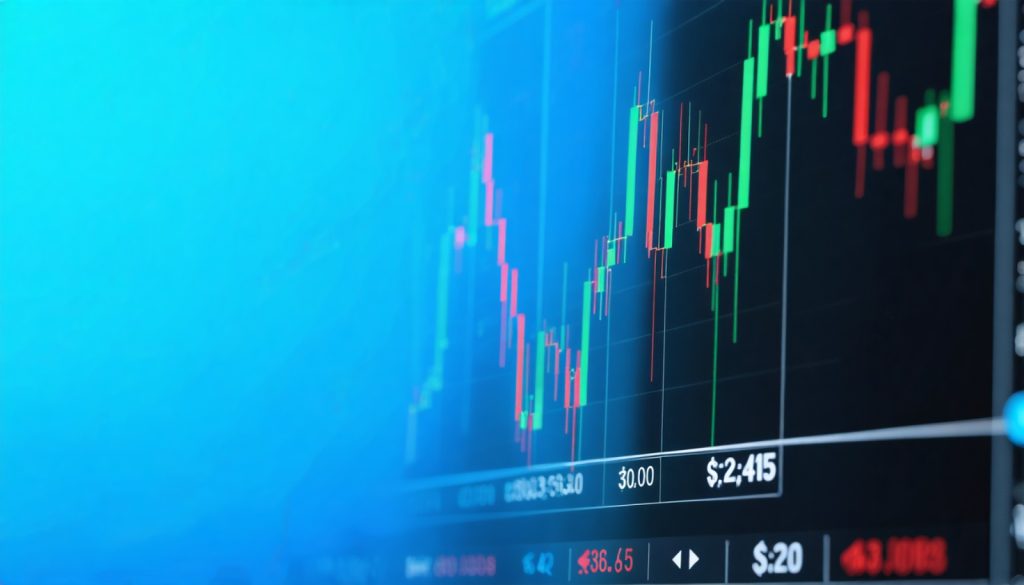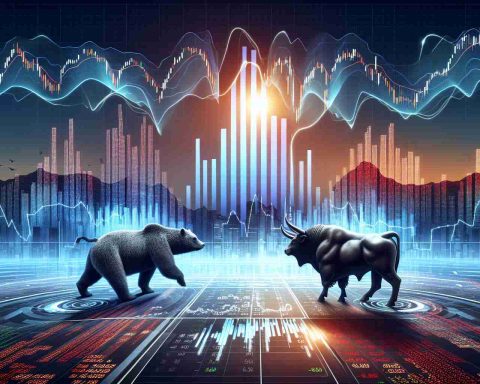Markets - Page 122
Markets refer to structured systems or platforms where buyers and sellers interact to exchange goods, services, or financial assets. They can operate in various forms, including physical locations, such as farmers' markets or retail shops, as well as digital platforms, like online marketplaces and stock exchanges. Markets facilitate the determination of prices based on supply and demand dynamics, where the quantity of a product or service that buyers are willing to purchase at varying prices interacts with the quantity that sellers are prepared to offer.Markets can be characterized as either perfect or imperfect based on competition levels, participant information, and market entry barriers. They serve essential functions in economies by enabling trade, allocating resources efficiently, and providing signals for production and consumption. Types of markets include consumer markets, where individuals buy goods for personal use; business-to-business (B2B) markets, where businesses transact with one another; and financial markets, which encompass trading of stocks, bonds, and other financial instruments. Ultimately, markets play a critical role in economic activity, influencing everything from prices to innovation and growth.
















